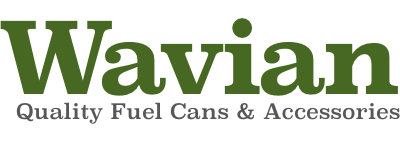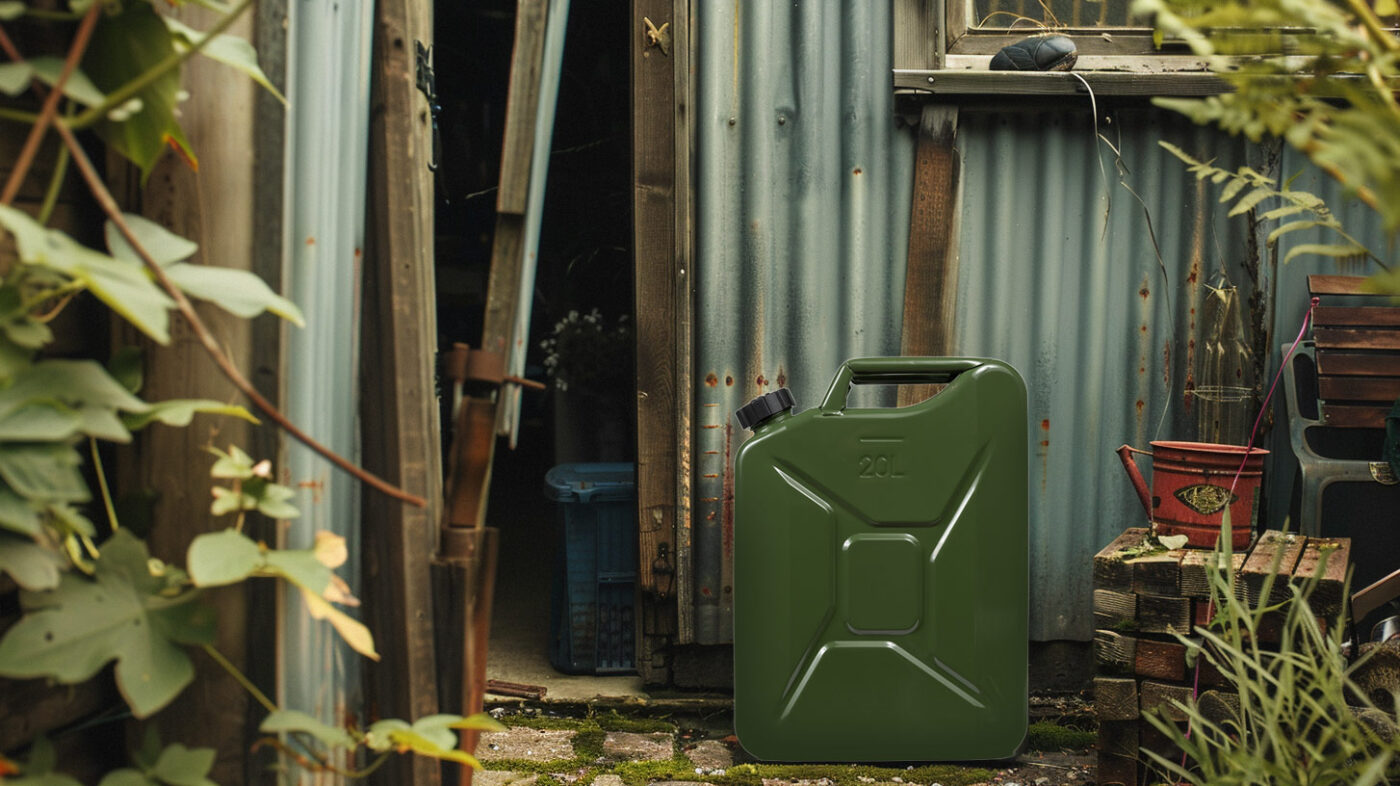Fuel Cans
Safe Handling And Storage Of Fuel Cans
Safe handling of fuel cans is paramount in ensuring not only personal safety but also environmental protection and compliance with regulations. Improper handling of fuel containers can lead to hazardous situations such as spills, leaks, and fires, posing risks to individuals, property, and ecosystems. By adhering to best practices for fuel can usage, including proper storage, transportation, and disposal methods, individuals can minimise the likelihood of accidents and mitigate potential harm. Additionally, practising safe fuel handling contributes to sustainability efforts by reducing the release of harmful pollutants into the environment and preserving natural resources. Whether for personal use in household emergencies or professional applications in industries such as automotive or construction, prioritising safe handling of fuel cans is essential for maintaining a secure and eco-conscious environment.
Our 10 Top Tips For Domestic Fuel Storage
- Store in a Well-Ventilated Area: Always store fuel cans in a well-ventilated outdoor area away from heat sources, ignition points, and living spaces to minimise the risk of vapour buildup and potential fire hazards.
- Keep Away from Children and Pets: Ensure fuel cans are stored out of reach of children and pets to prevent accidental ingestion or tampering. Consider using lockable cabinets or storage containers for added safety.
- Use Proper Containers: Only use approved fuel cans specifically designed for storing and transporting flammable liquids. Avoid repurposing containers such as food or beverage bottles, which may not be suitable for fuel storage.
- Avoid Overfilling: Never overfill fuel cans beyond their maximum capacity to prevent spills and leaks. Leave some space at the top of the container to allow for expansion of the fuel.
- Use a Funnel for Refueling: When refuelling vehicles or equipment, use a funnel to prevent spills and minimise contact between fuel and skin or surfaces. Wipe up any spills immediately and dispose of cleaning materials safely.
- Handle with Care: Always handle fuel cans with care, avoiding rough handling, dropping, or tipping over. Even small punctures or cracks in the container can lead to leaks and potential hazards.
- No Smoking or Open Flames: Never smoke or use open flames near fuel cans or during refuelling activities. Even minor sparks can ignite fuel vapours, leading to fires or explosions.
- Ground the Container: Ground fuel cans by touching them to a grounded metal object before and during pouring to discharge static electricity and prevent sparks.
- Store in Original Containers: Keep fuel in its original container with the proper label intact to ensure easy identification and safe handling. Avoid transferring fuel to makeshift containers that may not be suitable for storage.
- Dispose of Unused Fuel Properly: Dispose of unused fuel properly according to local regulations. Do not pour fuel down drains, sewers, or onto the ground. Consider recycling options or hazardous waste disposal facilities for the safe disposal of old or unused fuel.
Following these safety tips when using fuel cans domestically can help prevent accidents, protect individuals and property, and promote responsible fuel handling practices.

Our 10 Top Tips For Commercial Fuel Storage
- Designate Designated Storage Areas: Establish designated storage areas for fuel cans in well-ventilated, fire-resistant locations away from ignition sources and high-traffic areas.
- Use Approved Containers: Only use approved fuel cans that meet relevant safety standards and regulations for storing and transporting flammable liquids in commercial settings.
- Implement Safety Training: Provide comprehensive safety training to employees handling fuel cans, including proper storage, handling, and emergency response procedures.
- Inspect Containers Regularly: Regularly inspect fuel cans for signs of damage, corrosion, or leaks. Replace damaged containers immediately to prevent spills and hazards.
- Label Containers Clearly: Ensure fuel cans are clearly labelled with the type of fuel they contain and any associated hazards or safety precautions. Use durable, weather-resistant labels that are easy to read.
- Secure Containers During Transportation: Secure fuel cans properly during transportation to prevent shifting, tipping, or falling. Use appropriate restraints and tie-downs to secure cans in vehicles or trailers.
- Control Static Electricity: Take measures to control static electricity during fuel transfer operations, such as using grounded equipment and bonding connections to prevent sparks.
- Provide Personal Protective Equipment (PPE): Supply employees with appropriate PPE, including gloves, safety goggles, and fire-resistant clothing, to protect against potential hazards during fuel handling.
- Establish Emergency Response Protocols: Develop and communicate clear emergency response protocols for fuel spills, leaks, or accidents, including evacuation procedures, containment measures, and reporting requirements.
- Dispose of Waste Safely: Dispose of waste fuel, empty containers, and cleaning materials properly according to local regulations and environmental guidelines. Avoid dumping fuel or fuel-soaked materials into drains or waterways.
By following these safety tips, commercial businesses can minimise the risk of accidents, protect employees and property, and ensure compliance with safety regulations and industry standards when using fuel cans.
Quality Matters
Choose Wavian for Uncompromising Quality in Fuel Cans. Ensure the safety and reliability of your fuel storage with Wavian’s superior craftsmanship and durable materials. Invest in peace of mind and trust Wavian for all your fuel can needs. Shop now and experience the difference!”

